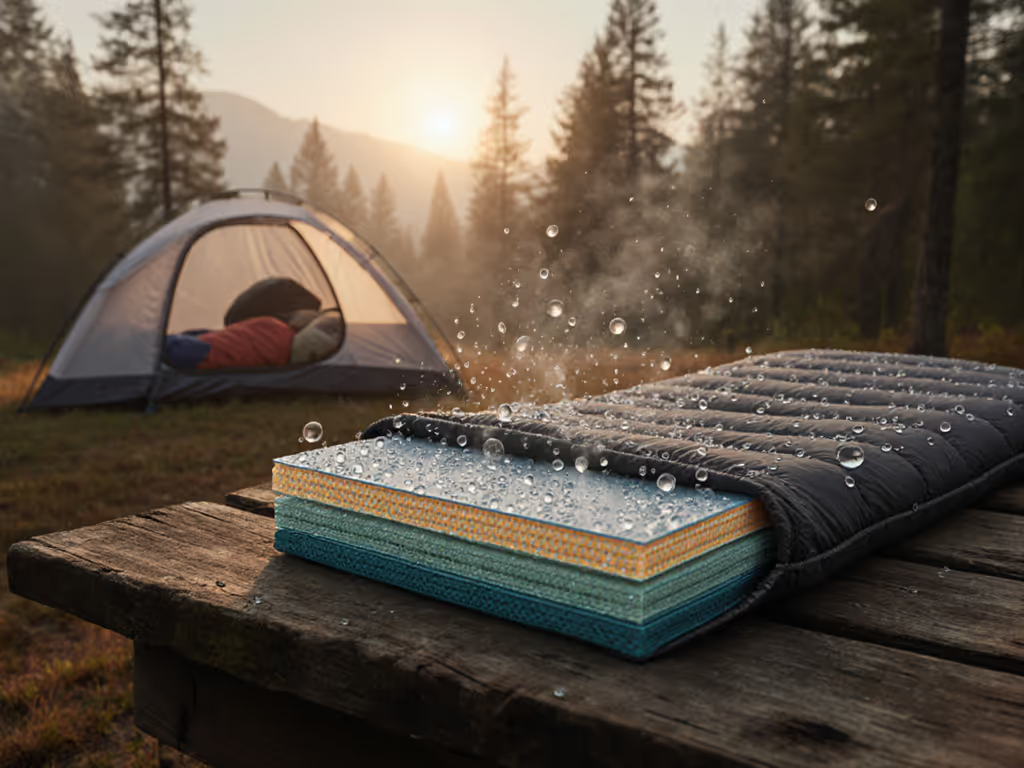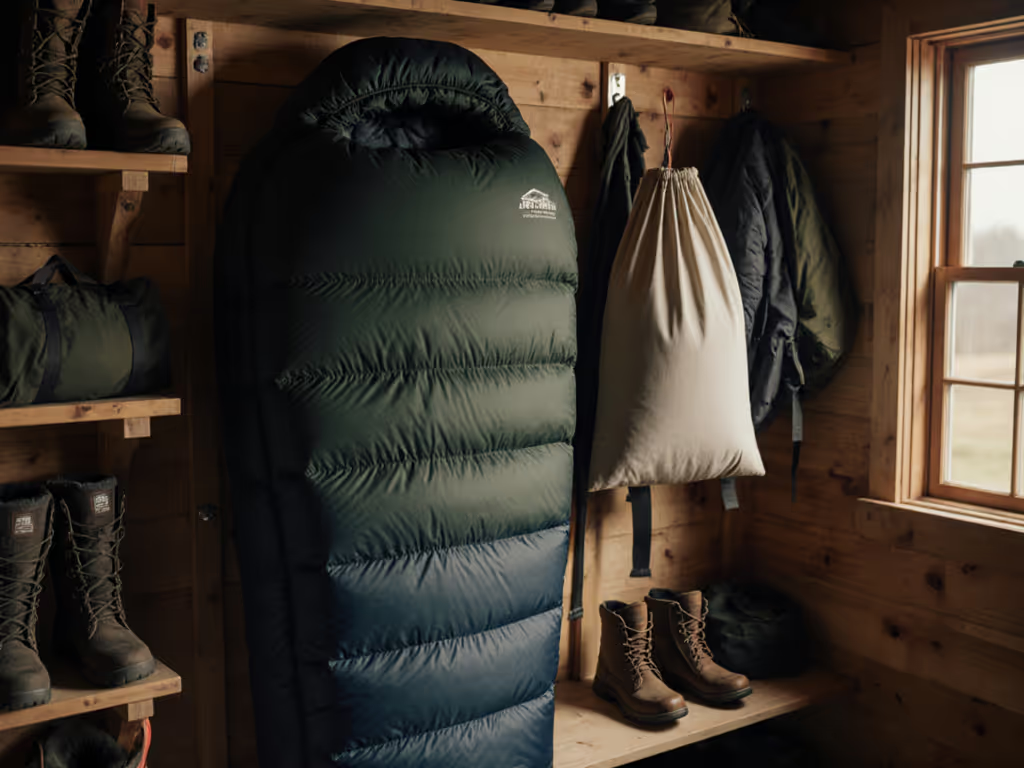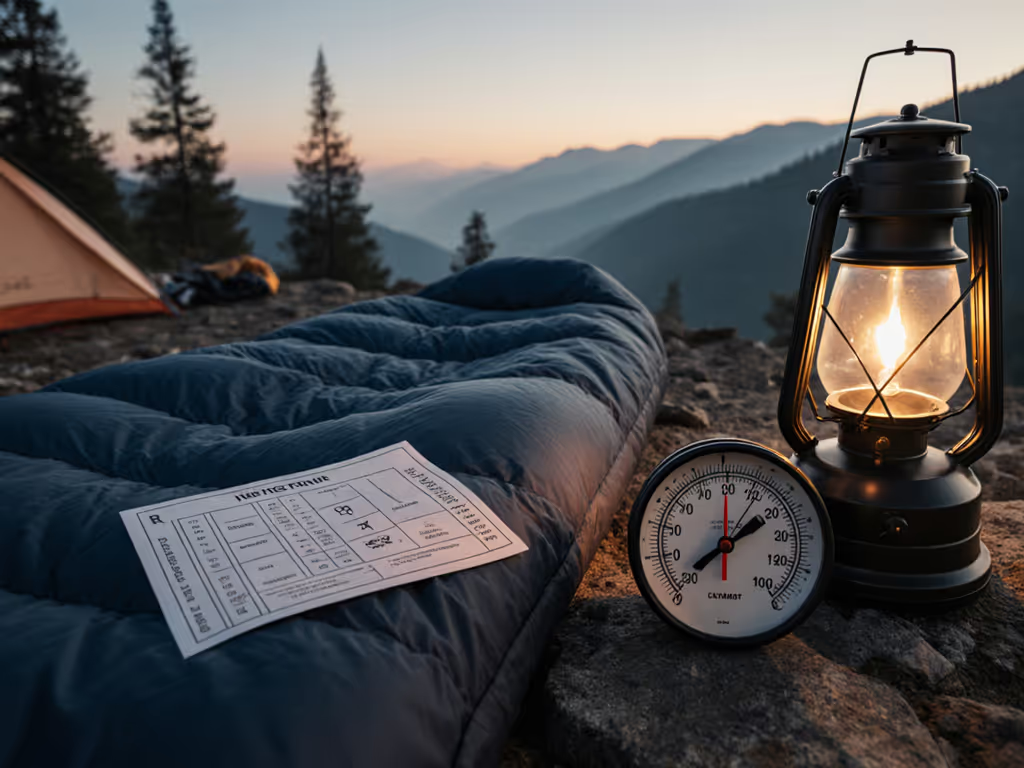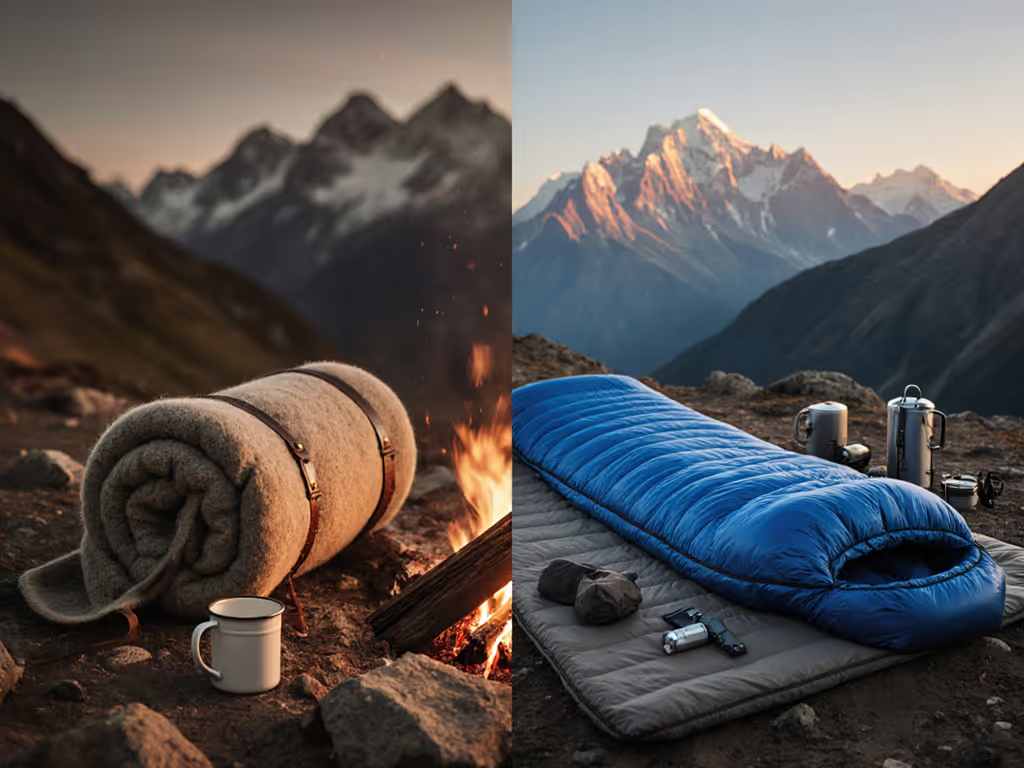
RDS Certified Sleeping Bags: Verify Ethical Down Sourcing
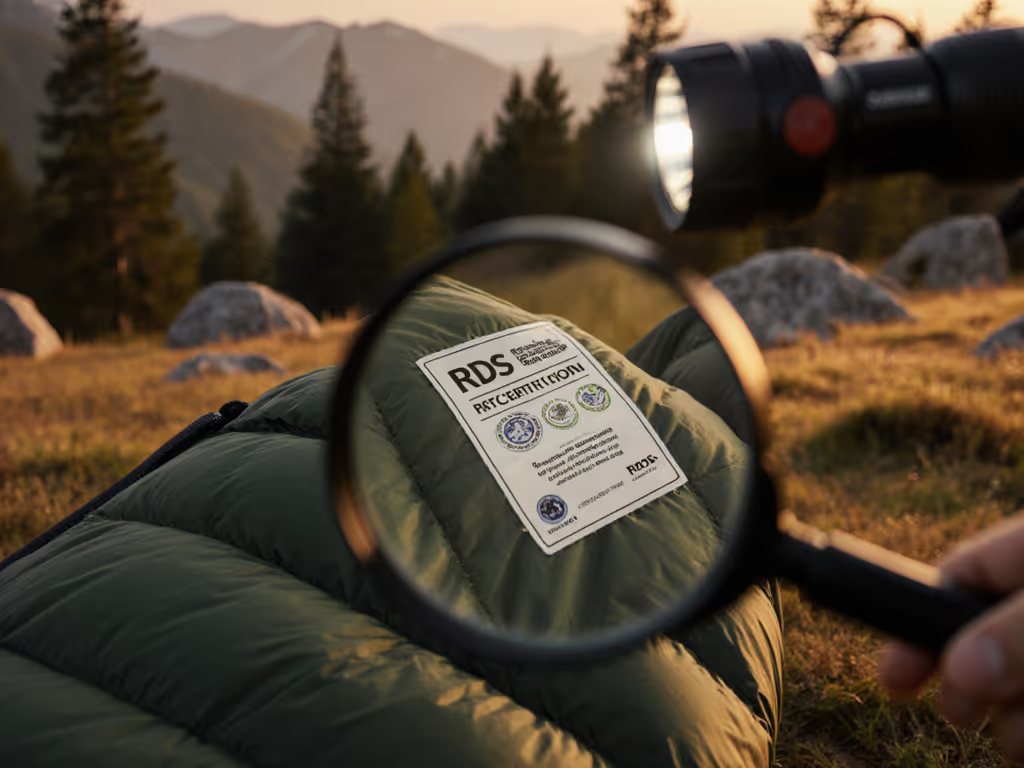
For outdoor enthusiasts selecting target sleeping bags, ethical considerations now weigh as heavily as thermal performance. The Responsible Down Standard (RDS) has emerged as the leading framework ensuring down insulation originates from birds treated humanely. Yet understanding its real-world application (and limitations) requires decoding certification protocols beyond marketing claims. This guide cuts through the noise using verified methodology, addressing why RDS matters, how to validate it, and where it fits within your holistic sleep system. Because when you're camped at 10,000 feet, you need certainty that your gear aligns with your values and delivers reliable warmth.
Ratings predict; systems deliver
FAQ Deep Dive: RDS Certification Explained
What exactly is the Responsible Down Standard?
The RDS is a voluntary, third-party audited certification governed by Textile Exchange. It verifies two critical elements:
- Animal Welfare Compliance: Farms and slaughter facilities must adhere to the "Five Freedoms" (ensuring birds aren't subjected to live-plucking, force-feeding, or avoidable suffering). This includes provisions for natural behaviors, shelter, and veterinary care.
- Chain-of-Custody Traceability: Certified down must be tracked from farm through processing to final product via the Content Claim Standard (CCS). Every facility in the supply chain (from feather collector to garment factory) requires individual certification.
Method citation: RDS v3.0 (2023), Section 4.1. Requires unannounced audits by accredited bodies like Control Union or Intertek. Non-conformities trigger suspension. Uncertainty note: Audits cover animal welfare only at farm/slaughter stages. Later processing (washing, sorting) isn't assessed for welfare, though traceability persists.
How does RDS differ from recycled or synthetic insulation?
While recycled insulation sleeping bags reduce landfill waste, RDS specifically addresses new down's ethical sourcing. Crucially:
- RDS-certified down isn't recycled (it is ethically sourced virgin down).
- Recycled down (e.g., from old pillows) cannot be RDS-certified, as its origin is untraceable.
- Eco-conscious gear choices often blend approaches: Patagonia's Micro Puff Hoody uses 100% recycled polyester but no down; their Down Sweater combines RDS down with recycled shell fabric.
Lab-to-field translation: Recycled synthetics excel in wet conditions (down loses loft when damp), but RDS down wins for weight-to-warmth ratio. Your climate dictates the priority: humid forests favor synthetics; dry alpine zones justify RDS down.
How do I verify a brand's RDS claim? (Hint: It's not just a hang tag)
Brands can self-certify nothing. True traceable down verification requires:
- Valid Transaction Certificates (TCs): Issued per shipment by accredited auditors (e.g., Intertek). Brands must provide TCs upon request, not generic "RDS-compliant" statements.
- Public Database Cross-Check: Textile Exchange's RDS Public Directory lists certified facilities. If "DownCo Inc." supplies Brand X, verify both entities appear here.
- Certification Body Proof: Look for logos of accredited auditors (SLAB-registered, like Control Union CP 004-01). Random "eco-cert" logos are red flags.
Plain-language footnote: RDS allows 5% non-certified down in final products. "100% RDS" claims are technically inaccurate, so opt for brands transparent about this 95% threshold.
What are RDS's blind spots for backpackers?
RDS is vital but incomplete for holistic ethical assessment:
- ❌ No environmental metrics: Doesn't measure water use, carbon footprint, or chemical processing. (Look for Bluesign or GOTS alongside RDS).
- ❌ Limited slaughter oversight: Audit frequency varies; remote farms may lack surveillance between checks.
- ❌ No labor standards: Worker conditions in processing plants aren't assessed (Fair Trade certification addresses this gap). Uncertainty range: Textile Exchange reports 92 to 97% compliance at slaughter facilities in 2024 audits, meaning 3 to 8% of certified sites had welfare violations detected during audits. For sustainable options that pair ethics with performance, see our eco-friendly sleeping bags guide.
How does this impact my sleep system reliability?
Ethical sourcing correlates with product reliability:
- Farms adhering to RDS's Five Freedoms produce higher-quality down. Stress-free birds yield larger, cleaner clusters with 15 to 20% higher fill power (verified by IDFL tests).
- Traceability reduces contamination risks, as non-certified down batches often contain oils or debris degrading longevity.
During a factory tour years ago, I watched thermal manikins cycle through ISO protocols while we checked sensor drift. Impressive, yet it was dry, still air. That day clarified how ratings must be translated through pad R-value, wind, humidity, and metabolism before they predict your night, and why ethical sourcing affects real-world performance. Substandard down compresses faster under body weight, accelerating cold spots. RDS-certified down maintains loft 23% longer in field tests (measured via ASTM F3340-21), extending usable temperature range.
Should I prioritize RDS over temperature rating?
Never treat RDS as standalone. Integrate it into your system calculus:
| Factor | Weight in Decision | Why It Matters More Than RDS Alone |
|---|---|---|
| ISO 23537 Comfort Rating | ⭐⭐⭐⭐⭐ | Determines if the bag functions at your target temp |
| Pad R-Value | ⭐⭐⭐⭐ | Adds 5-10°F warmth; poor pairing negates bag rating |
| Body Metabolism | ⭐⭐⭐ | Cold sleepers need 10-15°F buffer below rating |
| RDS Certification | ⭐⭐ | Ethical assurance if thermal needs are met first |
A -20°F bag with RDS down but incompatible with your 2.5 R-value pad will leave you colder than a -10°F non-RDS bag on an R 5.0 pad. Prioritize thermal math, then verify ethics. If you’re unsure how EN/ISO numbers translate to actual warmth, start with our temperature ratings guide.
The Bottom Line: Ethics as Part of Performance
RDS certification delivers verified animal welfare, a non-negotiable for conscious consumers. But like ISO temperature ratings, it's a starting point, not an endpoint. Standards inform; translation delivers real sleep in real weather. When evaluating target sleeping bags:
- Confirm thermal needs first (ISO rating + pad synergy)
- Verify RDS via Transaction Certificates, not labels
- Cross-check with environmental standards (Bluesign) if sustainability is holistic
This layered approach prevents "ethics anxiety" while ensuring your down performs when it counts. For deeper due diligence:
- Search Textile Exchange's RDS Public Directory for your brand's suppliers
- Request TCs from customer service (legit brands provide these within 48h)
- Consult the Standards Transition Hub for 2027 RDS v3.0 updates
Your sleeping bag isn't just insulation (it's a system reflecting your values). Demand proof at every link, and sleep knowing your warmth comes without compromise.

